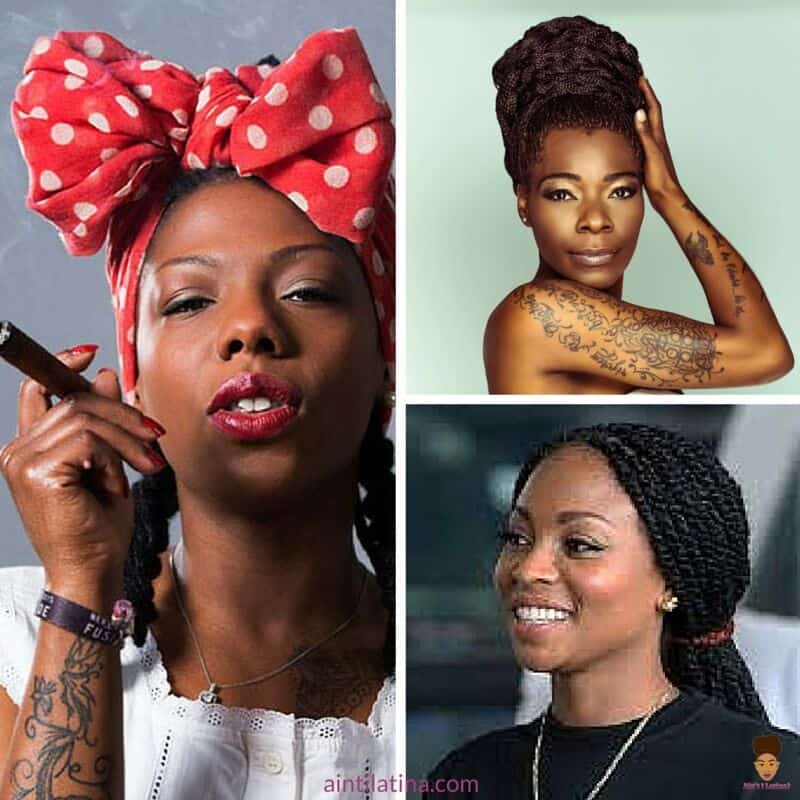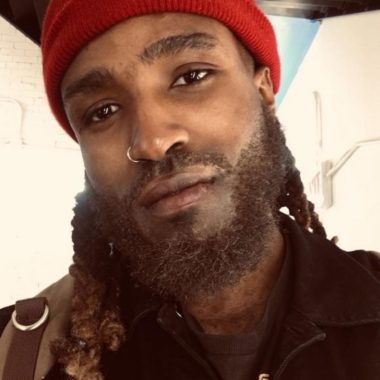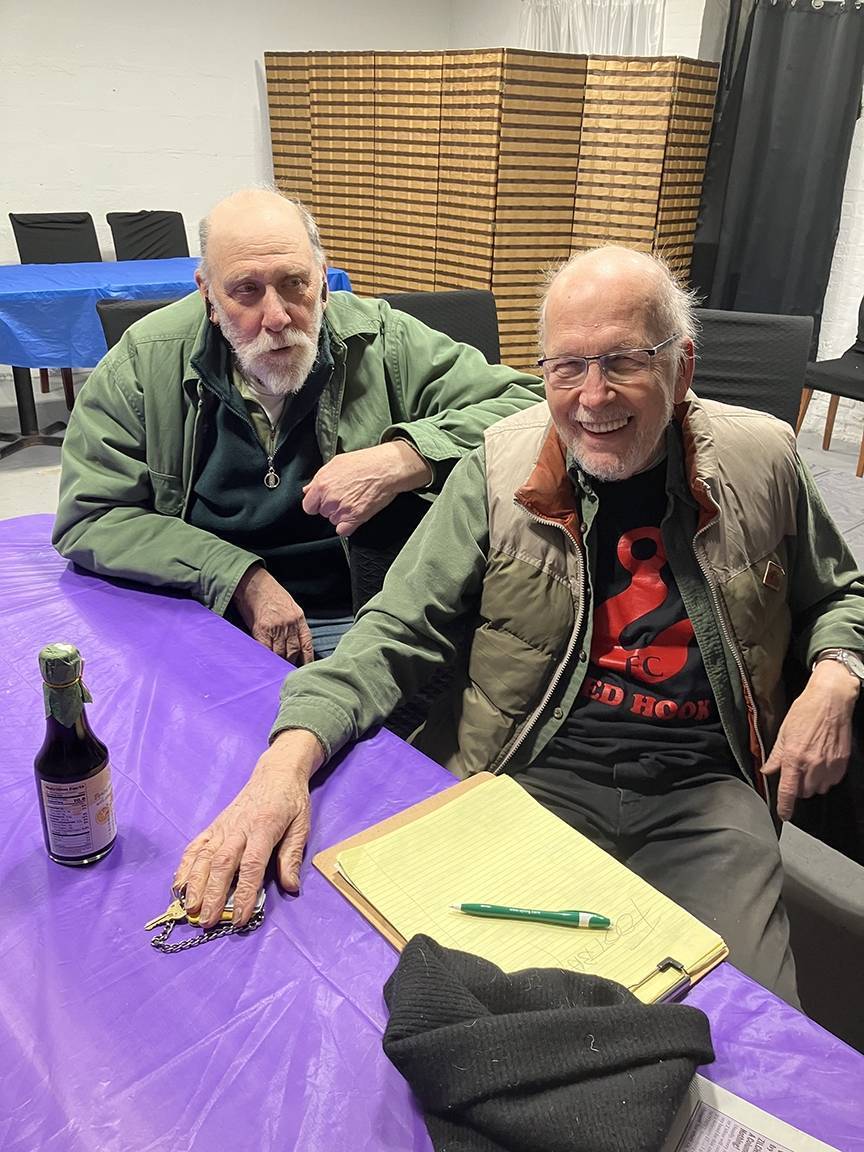Latin America is the region of the Americas where countries or territories speak Latin-derived Romance languages like Spanish, French, and Portuguese. The term “Afro” denotes Africanness, African heritage, and in essence, blackness. With this knowledge, the term Afro Latino seems simple enough to understand–a black person from a country in the Americas that speaks a Romance language. Afro Latino as a term has been rising in usage within the Latinx or Latino community. However, much like the POC (people of color) label, Afro Latino appears also to be a convenient and socially acceptable veil for anti-blackness.
Moreover, the United State’s definitions of race and confusing census race categories don’t help either. Owing to the U.S census, Middle Easterners and North Africans are considered “white”on paper, but not in real life. Similarly, “Latino” has long been treated as a racialized ethnicity but is now undergoing a cultural shift. Within the U.S. Many Latinos are reclaiming indigenous (Native American) and African/black identities, but who exactly is Afro Latino?
My family comes from the Caribbean and West Africa: a tiny French Creole-and English-speaking island called Dominica (not the DR), Sierra Leone, and Nigeria. My father was raised in Dominica and moved to Puerto Rico in his teens. My mother is the daughter of a Nigerian government official and a Sierra Leonean teacher.
Black was and is expansive yet so distinct.
I was raised in a pan-African household, and if there was one thing my parents did right, it was educating me about my heritage (often indirectly). I regularly heard Afrobeat and high life (West African musical genres), Celia Cruz and Belles Combo (Dominican Creole Band). Black was and is expansive yet so distinct. I am black and my family comes from the francophone (French-speaking) Caribbean. I am part of the black peoples of Latin America, right? Yes and no.
First, the Latino category is applied and used incorrectly. America has very complex and hard rules for race. Latino and Hispanics, specifically, occupy a confusing space. Latino is a racialized ethnicity similar to being Jewish, but unlike Jewish, Latinos as a group are not categorized almost exclusively as white. In essence, Latino is generally used to identify and categorize, “beige-skinned” Spanish speakers who can sometimes be further classified as white, black, etc. by phenotype, or through ancestry (African, European, etc.). There is a big difference between how Sofia Vergara, Cardi B, and Jharell Jerome (When They See Us) are received. Sofia is white, Cardi is the “general beige” Hispanic, and Jharell black. However, all three are Latino.
Secondly, the non-Spanish-speaking folks in Latin America, Haitians and Brazilians for example rarely get acknowledged in the conversation — French-and French Creole-speaking folks. Beyond academic settings, you won’t see many French and French Creole-speaking people identifying as Latin American, or Latino more specifically. Simply put, the colloquial use of the term “Latino” is not in reference to them, regardless of Latin American culture —confusing.
Thirdly, there’s quite a bit of unchecked anti-blackness within the Latino community. To name a few: Gina Rodriguez’s (Jane the Virgin) habit of erasing conversations about black women, or Evelyn Lozada’s (Basketball Wives) use of monkey emojis to allegedly attack her black costar, OG Chijindu. Anti-blackness is alive within the Latino community. And unfortunately, Afro Latino is also being used as a “racism” hall pass.

Many Latinos who neither identify as black nor come from black-identifying parents feel a welcomed part of the Black American community. Often, Latinos (Northeast US especially)partake in the festivities of Black American culture, while also using their growing acceptance of their own archived African ancestry as a barrier to criticism of anti-black behavior (see George Zimmerman).
“But my father has African roots,” “I consider myself Afro Latina, I know where I come from,” said Gina Rodriguez and Evelyn Lozada respectively, after receiving backlash for their racial tone-deaf behaviors towards the Black community they both claim to regard as ‘family.’ I’m not the racial identity police, and I welcome the growing awareness of black or African-descended identity among the Latino community. However, if you’re a self-proclaimed Afro Latino, but feel uncomfortable putting black as your race on your ID, and using Afro Latino and black interchangeably, Afro Latino is not a term for you.
I often cringe when lumped into the POC category, even by the most well-meaning of folks. Coupling unchecked anti-blackness with marginally guarded access to black culture creates huge problems. If New York has taught me anything, it is that while proximity may afford people the opportunity to become accustomed to one another, it doesn’t mean they truly understand each other. People often tolerate or even enjoy folks, without actually respecting them. Black culture is enjoyed worldwide (Black American culture especially), but is it respected? Is it revered?
And though the POC label is used as a unifier for non-white people, it often functions as a term of erasure for black people. If you don’t combat anti-blackness, it doesn’t matter what term gets popularized, erasure will occur. Whether we identify as Afro Latino or are in a space of discovery, we need to prioritize decolonizing our minds of normalized toxic “isms.” Our distinctions are our unique attributes, they don’t have to be dividers. I welcome unifiers, just not erasure.











